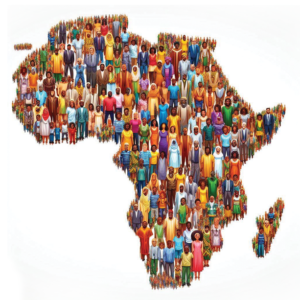Human capital is the bedrock of economic growth and development. By investing in its people, Africa can unlock its full potential. However, the continent faces significant challenges in harnessing this potential, including a skills mismatch, brain drain, and limited access to quality education.
The Importance of Human Capital
Africa’s burgeoning youth population represents a significant demographic dividend. To capitalize on this opportunity, investing in human capital is essential. A skilled and educated workforce is crucial for driving innovation, enhancing productivity, and improving living standards.
Studies by the World Bank have consistently highlighted the correlation between human capital development and economic growth. Countries with higher levels of education and skills tend to have higher per capita incomes and reduced poverty rates.
The Brain Drain Challenge
Africa has faced a significant brain drain, with skilled professionals seeking better opportunities abroad. This talent outflow hampers economic development and innovation. To address this challenge, countries must create an enabling environment that attracts and retains talent.
Strategies to mitigate brain drain include:
- Investing in quality education and training to develop a competitive domestic talent pool
- Creating job opportunities and career advancement paths for skilled professionals
- Fostering innovation and entrepreneurship to encourage talent to stay and contribute to local development
- Leveraging the diaspora as a resource through knowledge and investment transfer
Building a Skilled Workforce
To achieve its development goals, Africa must prioritize investments in education and training. This includes expanding access to quality education at all levels, from primary to tertiary. Additionally, vocational training and apprenticeship programs are essential for equipping young people with practical skills for the job market.
Governments, the private sector, and civil society must collaborate to address the skills gap. This involves aligning education and training programs with the needs of the labor market, promoting lifelong learning, and investing in vocational education and training.
Empowering Women and Girls
Investing in women and girls is essential for achieving gender equality and driving economic growth. By empowering women through education, training, and access to financial resources, Africa can unlock its full potential.
Studies have shown that educating girls leads to higher economic growth, improved health outcomes, and reduced poverty rates. By closing the gender gap in education and employment, Africa can harness the full potential of its female population.
By prioritizing human capital development and addressing challenges such as brain drain, Africa can build a strong foundation for sustainable growth and prosperity.



